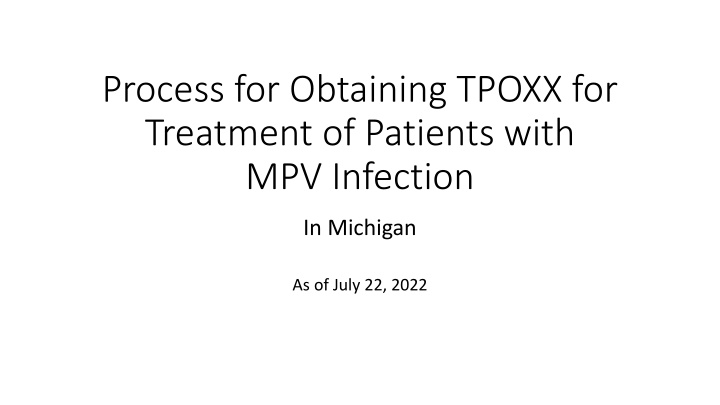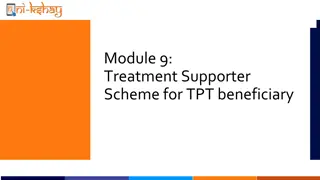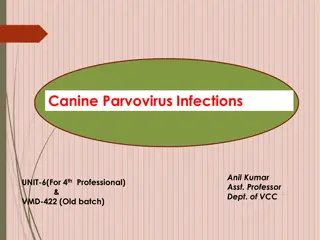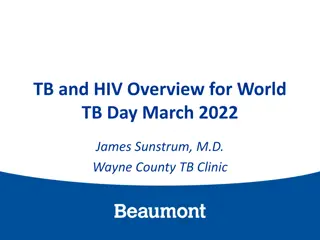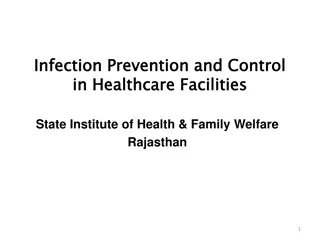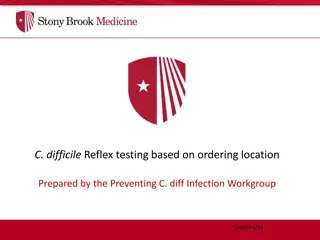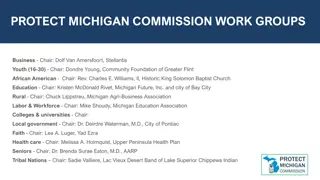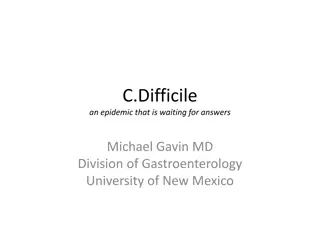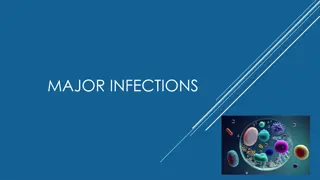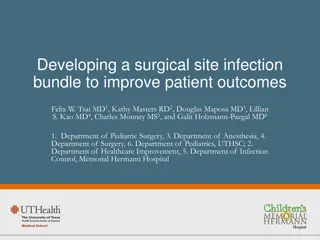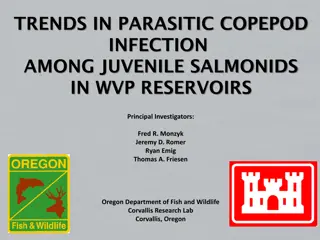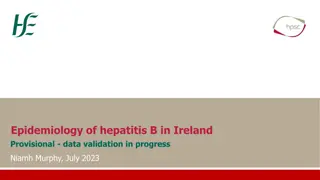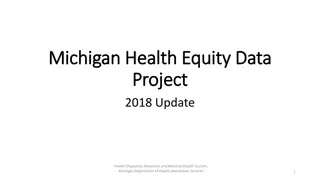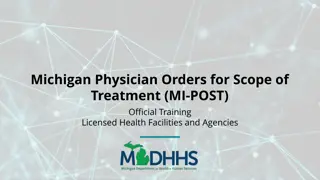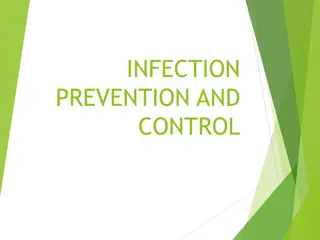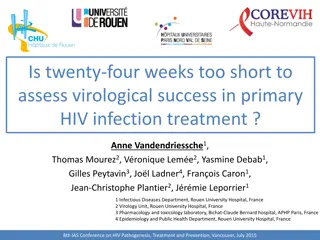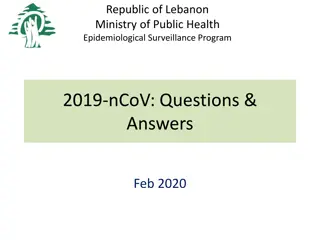Obtaining TPOXX Treatment for MPV Infection in Michigan (July 22, 2022)
The process for obtaining TPOXX for treating patients with MPV infection in Michigan as of July 22, 2022 involves indications for treatment, information for healthcare providers, and updated CDC IND protocol changes. The required documentation includes informed consent, patient intake form, FDA Form 1572, clinical outcome form, and reporting of serious adverse events associated with TPOXX.
Download Presentation

Please find below an Image/Link to download the presentation.
The content on the website is provided AS IS for your information and personal use only. It may not be sold, licensed, or shared on other websites without obtaining consent from the author.If you encounter any issues during the download, it is possible that the publisher has removed the file from their server.
You are allowed to download the files provided on this website for personal or commercial use, subject to the condition that they are used lawfully. All files are the property of their respective owners.
The content on the website is provided AS IS for your information and personal use only. It may not be sold, licensed, or shared on other websites without obtaining consent from the author.
E N D
Presentation Transcript
Process for Obtaining TPOXX for Treatment of Patients with MPV Infection In Michigan As of July 22, 2022
Information for Healthcare Providers on Obtaining and Using TPOXX (Tecovirimat) for Treatment of Monkeypox | Monkeypox | Poxvirus | CDC
Indications for Treatment The antiviral Tecovirimat is available under investigational new drug (IND) protocol and should be considered for individuals meeting the following criteria: Severe disease (e.g., hemorrhagic disease, confluent lesions, sepsis, encephalitis, or other conditions requiring hospitalization) Those at high risk of severe disease: People with immunocompromising conditions and/or on immunosuppressant medications Pediatric populations, especially those <8 years old Pregnant or breastfeeding women Individuals with one or more complications (e.g., secondary bacterial skin infections; gastroenteritis with severe nausea/vomiting, diarrhea, or dehydration; broncho pneumonia, concurrent disease or other comorbidities) Location: Individuals with monkeypox infections that include mucosa (genitals, anus), or accidental implantation in the eyes or mouth.
Updated Expanded Access CDC IND Protocol The approved changes include: - Streamlining the protocol - Reducing follow-up visits and specifying that all can be telemedicine visits - Reducing the number and length of case report forms - pharmacokinetic (PK) sampling is optional and no longer required - Not requiring serum samples but serology testing is available at CDC if requested by treating clinicians - No longer requiring clinical laboratory parameters - making lesion photos optional - Adding an explanation on infusion rate and syringe pump for administration - Clarifying instructions for pediatric oral and IV dosing - Adding an indication for use of tecovirimat as an alternative or complementary option to post-exposure prophylaxis vaccination
Required Documentation (Updated 7-22-2022) 1.Informed Consent Form [214KB, 5 pages]: Obtain prior to treatment. 2.Patient Intake Form [321KB, 3 pages]: Baseline assessment. 3.FDA Form 1572 [1MB, 2 pages]: One signed 1572 per facility suffices for all TPOXX treatments administered under the EA-IND at the same facility. 4.Clinical Outcome Form [279KB, 4 pages]: Progress information during and post treatment. 5.Serious Adverse Events : Report life-threatening or serious adverse events associated with TPOXX by completing a PDF MedWatch Form [226KB, 3 pages] and returning it to CDC via email (regaffairs@cdc.gov) or uploading to ShareFile within 72 hours of awareness or sooner, if possible.
FDA Form 1572 Statement of Investigator Must be completed and submitted within 3 days of treatment initiation to: Regulatory Affairs (CDC) regaffairs@cdc.gov CDC IMS 2022 Multi-National MPX Clinical Escalations eocevent482@cdc.gov or uploading to ShareFile Only 1 form required per healthcare facility, if 1 healthcare provider is willing to oversee all TPOXX administration
